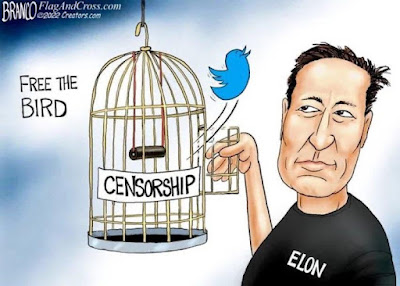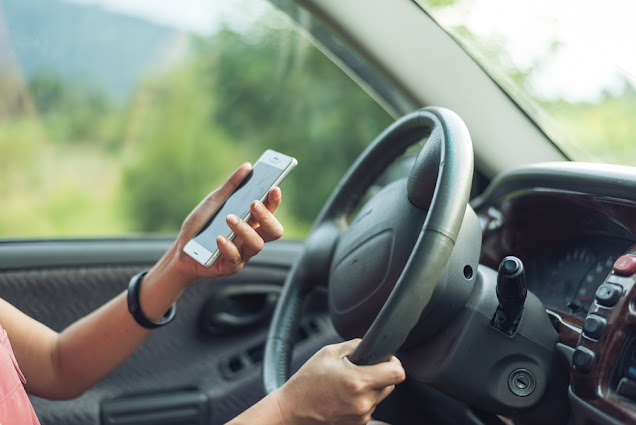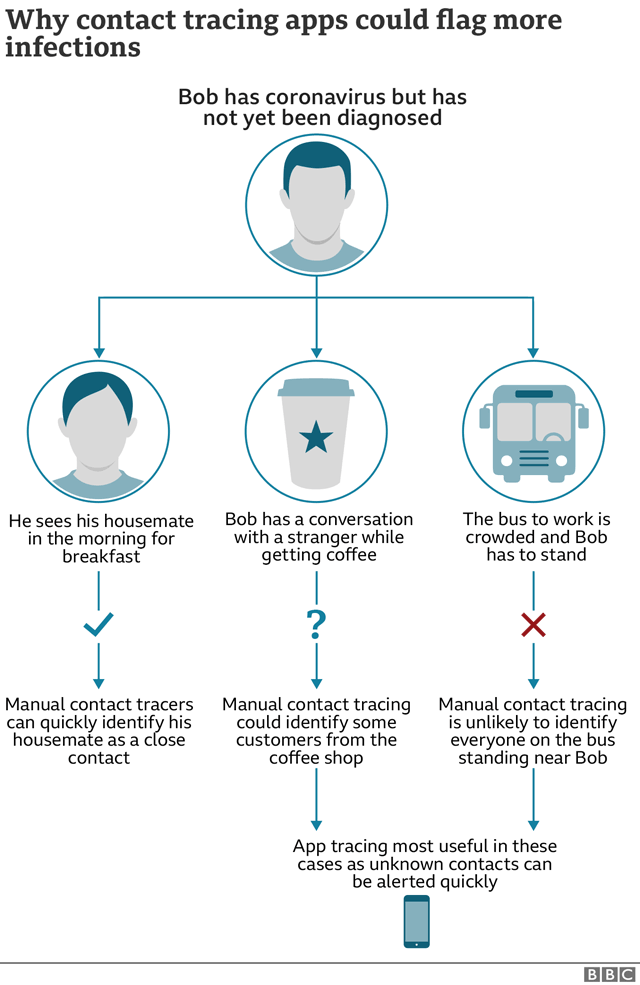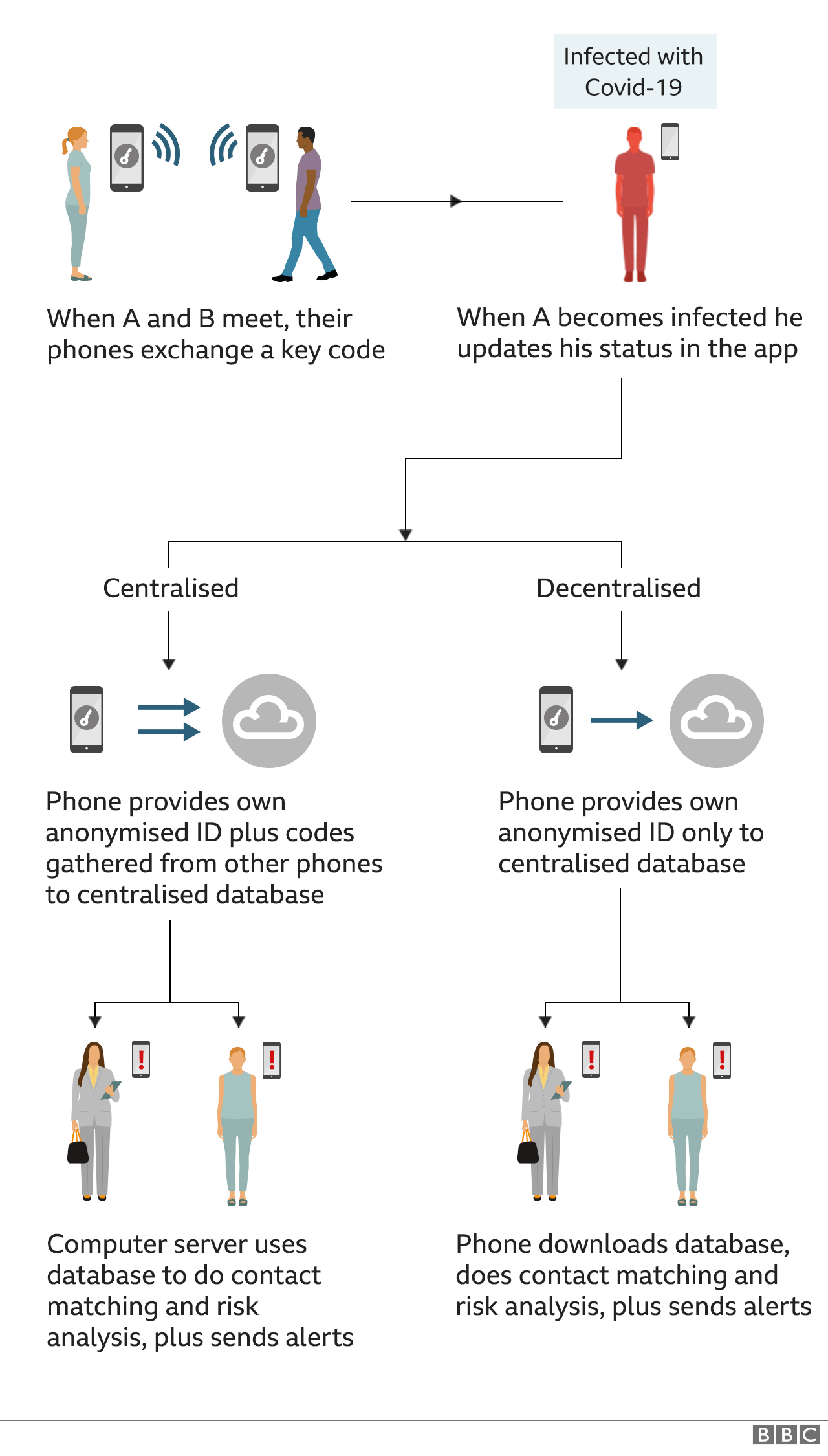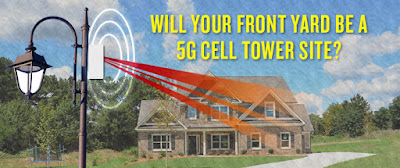The new UK legislation makes it an offense when driving to use a hand-held cell phone. This ensures that a cell phone should not be picked up by drivers in their hands and used when driving. (The offense also refers to motorcycle riders who pick up and use a cell phone; this consultation would use the term "drivers" to include both drivers and motorcycle riders.) When supervising a learner driver, it is also an offense to use a hand-held mobile phone. The legislation also involves "other hand-held digital communication devices" such as tablets, although this document uses the word "cell phone" to include certain related devices before it becomes necessary to address specific types of devices in some detail.
To prosecute the mobile phone violation, the police depend heavily on a roadside presence. In certain situations, it is an infringement that is easy to spot; in a line of slow-moving traffic, for example, the head of the driver is down and the car is slow to move along with the flow of traffic. The role of the police, however, is even more complicated than merely seeing a driver holding and clicking away at a phone; the police officer must decide that the driver was conducting an interactive communication feature to enforce against the cell phone violation. The police would not be able to execute the cell phone violation if they do not and the driver was using a standalone feature only.
To enforce a variety of road traffic offenses, the police rely on photographic evidence from members of the public. It is becoming increasingly common for drivers to have dashcams in their vehicles and for cyclists to have headcams on their helmets. Drivers and cyclists are encouraged under Operation Snap to make use of their videos of fellow road users who violate the law by sending it to the police. The videos the show very clearly a driver clicking or scrolling at the wheel in the case of using a handheld mobile phone, but the police will then face the problem of trying to decide, from the driver, what kind of use they were using the phone as well. The police would not be able to obtain a conviction using the cell phone offense unless the use contained an interactive communication feature. The disparity between interactive communication functions and standalone functions creates an immense dilemma for the police and undermines the mission of improving road safety.
The idea of the Government to address the problem mentioned above is to extend the current crime of using a hand-held mobile phone while driving to include drivers who perform standalone functions as well as drivers who perform interactive communication functions.
This means that all use of a hand-held mobile phone will be treated in the same way. If a driver is using a hand-held mobile phone to search for music already downloaded onto the phone, the physical manipulation, the cognitive demands, and the averted eyes are no different, in terms of risk, from a driver who is typing out and sending a text message. They both constitute an enormous risk and they should both be penalized in the same way. The proposal will still apply only in circumstances where a driver picks up the phone to use it while driving; any change we make to the law on the use of hand-held mobile phones arising from this consultation will not affect the use of mobile phones which are positioned in a cradle and used while remaining in the cradle (for example as a satnav).
This will make enforcement much easier. A police officer will be able to see a driver holding and tapping and scrolling a phone, and, based on that evidence, will be able to take enforcement action under the new proposed mobile phone offense rather than having to question the driver about whether the use involved interactive communication.
Activities falling within the offense now - "interactive communication" functions The driver holds the mobile phone or similar device in the hand to:
• Make a phone call
• Receive a phone call
• Send a text message
• Send an e-mail
• Access social media sites
• Access streaming services
Activities that will be captured under the revised offense. The driver holds the mobile phone or similar device in the hand to:
• Illuminate the screen
• Unlock the device
• Check the time
• Check notifications
• Reject a call
• Compose text messages or e-mails to save in drafts
• Take photos or videos
• Use the phone's camera as a mirror
• Search for music stored on the phone
• Search for photos or other images stored in the phone
• Dictate voice messages into the phone
• Read a book downloaded on the phone
• Play a game downloaded on the phone


